Ever dreamed of cobblestone streets, ancient castles, and café culture? You’re not alone! With millions of visitors yearly across 44 countries, Europe is the continent on everyone’s bucket list. From rich history to fascinating cultures and magnificent natural wonders, Europe has something incredible waiting for every type of traveller.
But here’s the thing: if you’re not well-versed in the European lifestyle, you’re in for quite a few delightful surprises! That’s why we asked our tour leaders and travel experts (who’ve seen it all) what they think travellers absolutely need to know before embarking on their European adventure.
Ready to embrace the beautiful chaos of Europe? Here’s what awaits you:
Step up to explore Europe (Literally!)
You’re about to become a walking champion! Some of our travellers are genuinely surprised by how much walking they actually do on a European tour. On busy days, you could clock up to 20,000 steps, so keep that Fitbit charged and earn those activity points like the explorer you are!
Walking is quite simply the best (and sometimes only) way to see everything a city has to offer. European cities are renowned for their picturesque landscapes, which often feature those Instagram-worthy cobbled streets and charming inclines.
Translation: get ready to tread on uneven terrain and conquer some serious stairs!
Historical charm comes with a catch. Many buildings reflect Europe’s incredible legacy, which means elevators and escalators aren’t always commonplace, even in hotels. Our advice? Travel light because you’ll need to carry your luggage up and down staircases.
Pro tip: Walking is genuinely the best way to explore a city; you’ll discover hidden gems that bus tours completely miss.
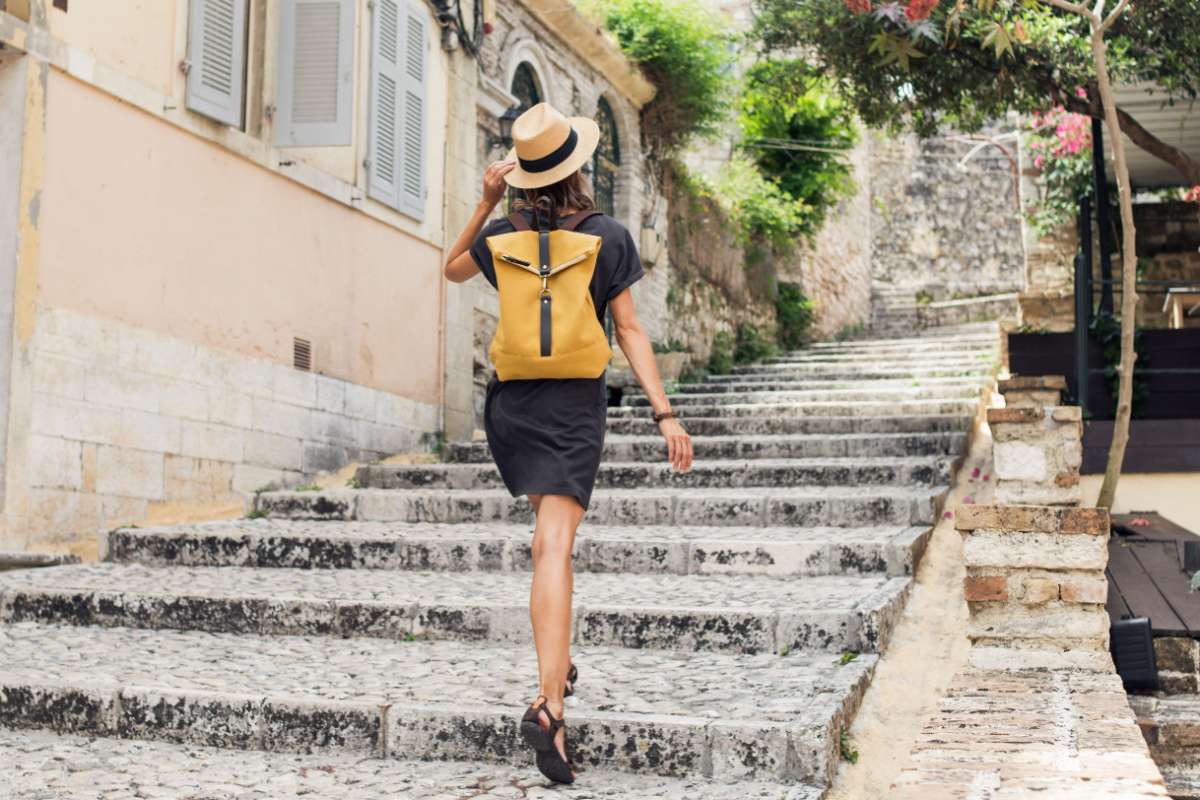
Related: For first-time travellers, see our Europe travel checklist.
European weather truths
Summer surprise: Europe gets seriously hot and humid! Here’s what catches travellers off guard: those gorgeous historical buildings have no air conditioning. They’re built for chilly winters, and it’s nearly impossible to retrofit centuries-old structures. Pack light and bring a hand-held fan, trust us on this one!
Winter magic (with a reality check): Winter in Europe can be absolutely magical, but not all countries transform into snowy wonderlands. Many European countries are cold and rainy in winter, which can really put a damper on your travels, no pun intended!
The upside? Smaller crowds and festive cheer that’ll warm your heart. Just ensure you pack warm, waterproof clothing and remember that days are shorter. But honestly, there’s something special about Christmas markets and cosy pubs that makes it all worthwhile.
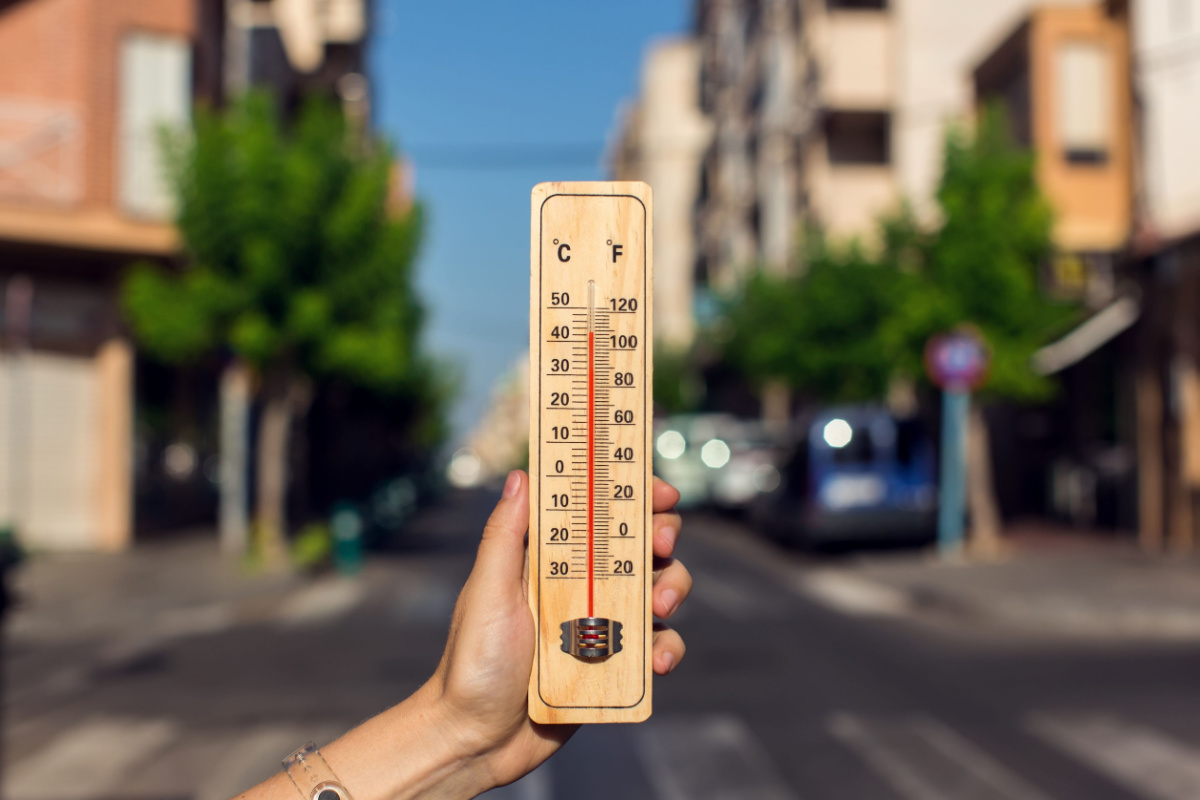
Related: Not sure what to pack? We are here to help with pro packing advice for your adventure.
European hotels decoded
European hotels work differently: star ratings reflect facilities (elevators, restaurants, pools), not quality or style. Many hotels are housed in characterful old buildings with smaller rooms and unique quirks, and that’s part of the charm!
Character over convenience: Many hotels are housed in old buildings that absolutely exude character and charm. The trade-off? Rooms and bathrooms are often smaller than expected and may not be equipped for summer heat battles.
Bedding quirks that’ll make you smile: You might find two single blankets on a double bed instead of one double blanket. It’s not weird, it’s European!
Hot water hack: Some hotels have a water thermostat system in the bathroom that you need to turn on or adjust to get hot water. Look carefully for this switch, or you’ll end up with a very brisk shower experience!
Pro tip: Looking for accommodation before or after your tour, look no further than booking.com for hassle-free bookings.
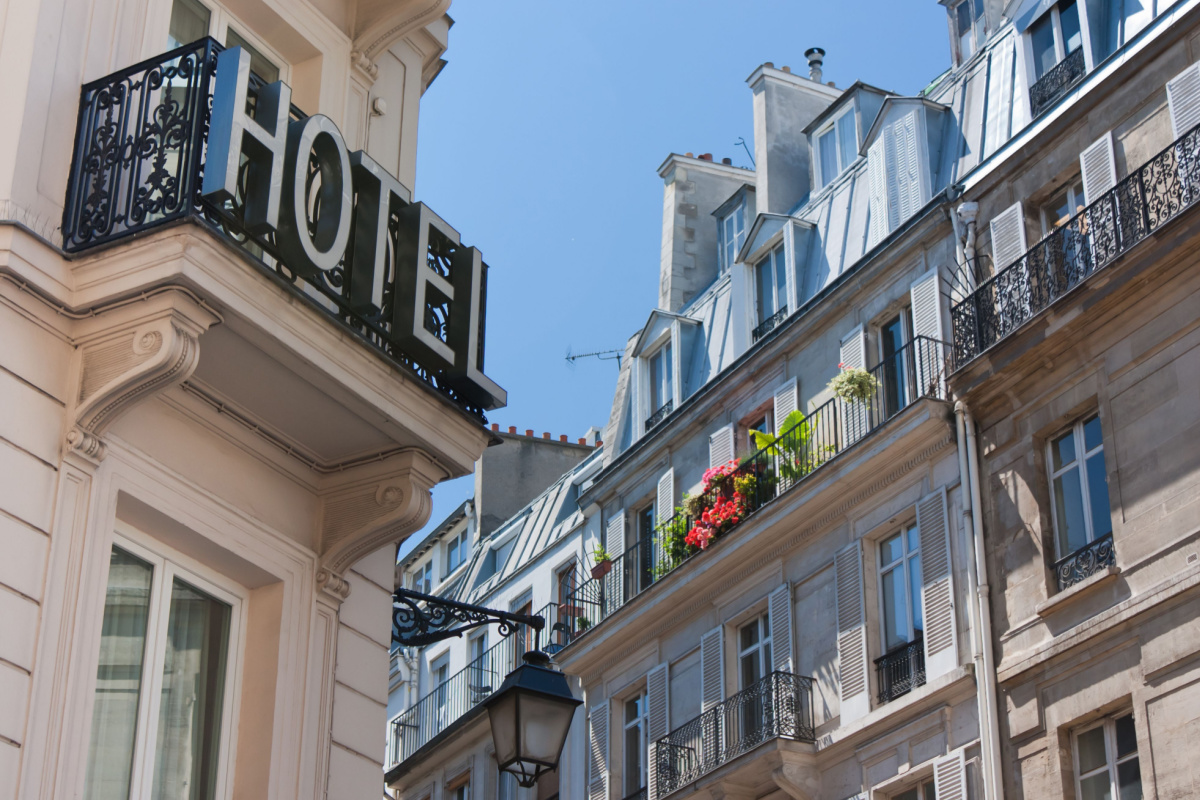
Related: Find out everything you need to know about room sharing.
Dining like a local
European dining is an experience, not a race. Many restaurants don’t offer the table service you might expect, and if they do, your server might not be as chatty or attentive as you’re used to. Before you think it’s bad service, it’s not! In many countries, it’s customary for servers to let diners enjoy their meals without constant interruptions. Need something? Just catch their attention with a friendly wave.
Meal timing reality check: Dinner might be later than you normally eat, which takes some getting used to. Portions are generally smaller (quality over quantity!), and restaurants don’t typically serve ice with drinks.
Fun fact: In many places, beer can be more affordable than mineral water, while tap water is usually free and safe to drink. Cheers to that!
Vegetarian adventures: If you follow a vegan or vegetarian diet, you might encounter limited options in certain locations, especially in smaller towns. Sometimes when requesting a vegetarian meal, you might be offered fish. The definition of ‘vegetarian’ varies worldwide! Most cities have brilliant vegetarian or vegan restaurants, but in local spots, be prepared for fewer choices and consider enjoying meals centred around bread, salad, and fruit.
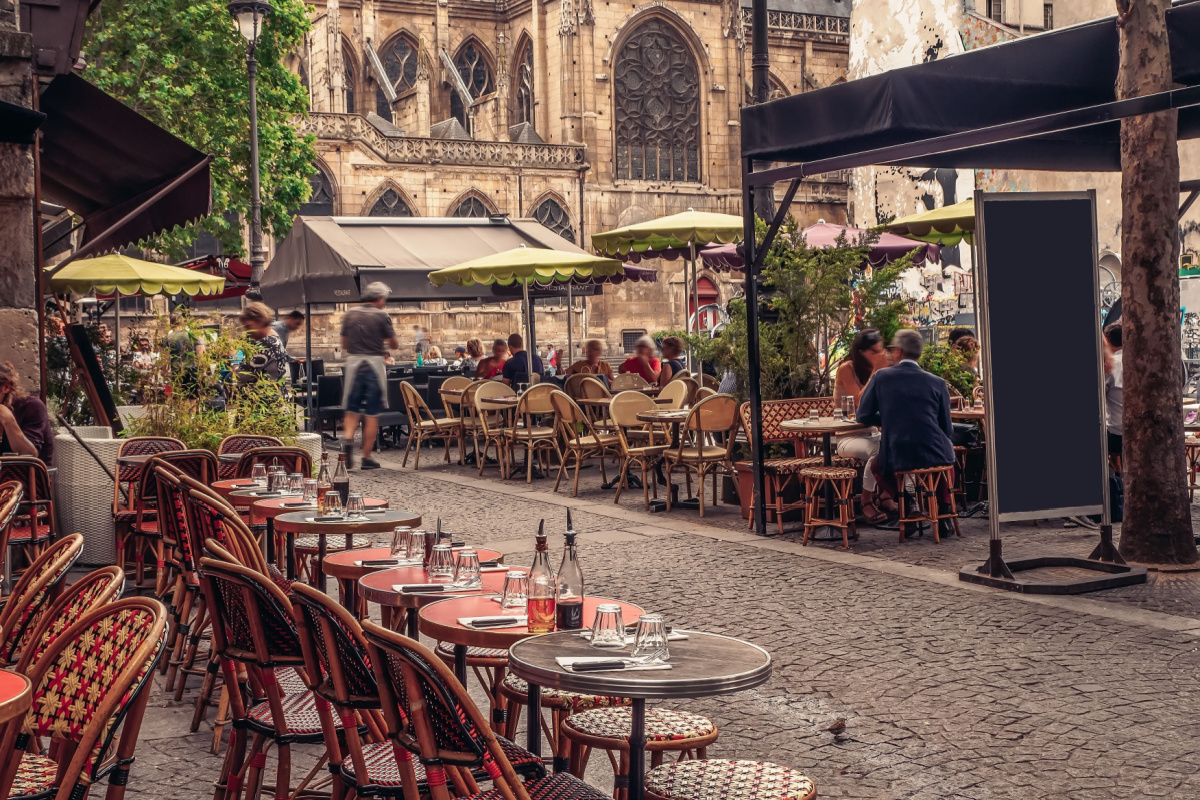
Related: See our top tips for vegan travellers.
Tipping secrets (Every country’s different!)
Here’s the deal: Tipping customs across Europe differ dramatically from country to country. However, tipping is an integral part of the hospitality and tourism industry. Providing a waiter or tour guide with a tip is generally suggested and always appreciated.
Our recommendation: Research the tipping customs for your specific destinations, it’ll help with travel planning and budgeting, plus you’ll avoid any awkward moments!

Summer crowds: What to expect
Summer reality: Europe comes alive with tourists from across the globe during summer months, creating a vibrant and bustling atmosphere that’s both exhilarating and overwhelming. The streets of Paris and Rome are absolutely overrun with visitors exploring iconic landmarks, tasting local cuisine, and soaking up the rich culture.
The good news: The enthusiasm of fellow travellers can genuinely enhance your experience.
The reality check: Be prepared for larger crowds at popular tourist attractions. Planning ahead and arriving early can help maximise your enjoyment while navigating the summer masses.
Safety reminder: Keep an eye on your belongings, pickpockets and scammers love tourist hotspots as much as you do!
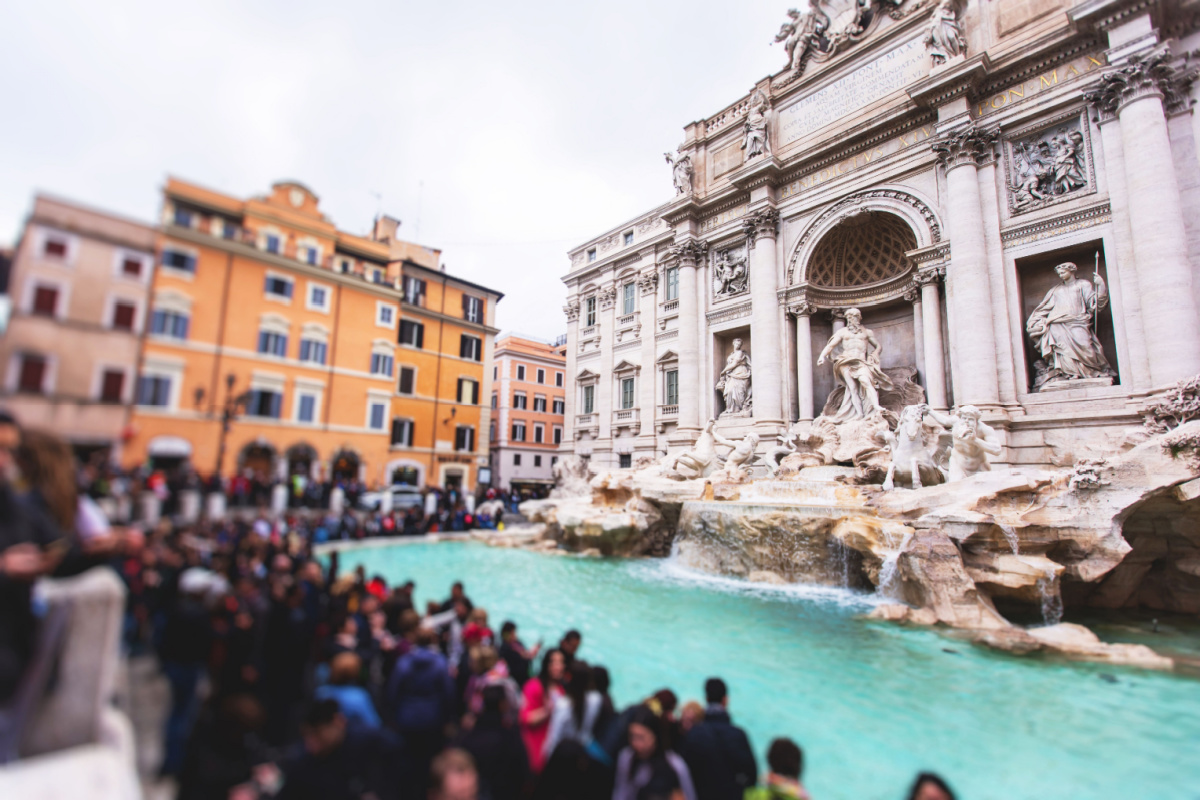
Related: See how to keep your money safe when travelling in Europe.
Toilet tolls (Yes, really!)
European bathroom reality: While paying for public toilets isn’t common practice everywhere in the world, in Europe, public toilets cost approximately €1 in cash each time you need facilities. This money goes towards cleaning and operating these facilities, and honestly, they’re usually spotless!
Handy tip: Most places accept Euros for restrooms even if the local currency isn’t Euro. Keep some spare change handy!
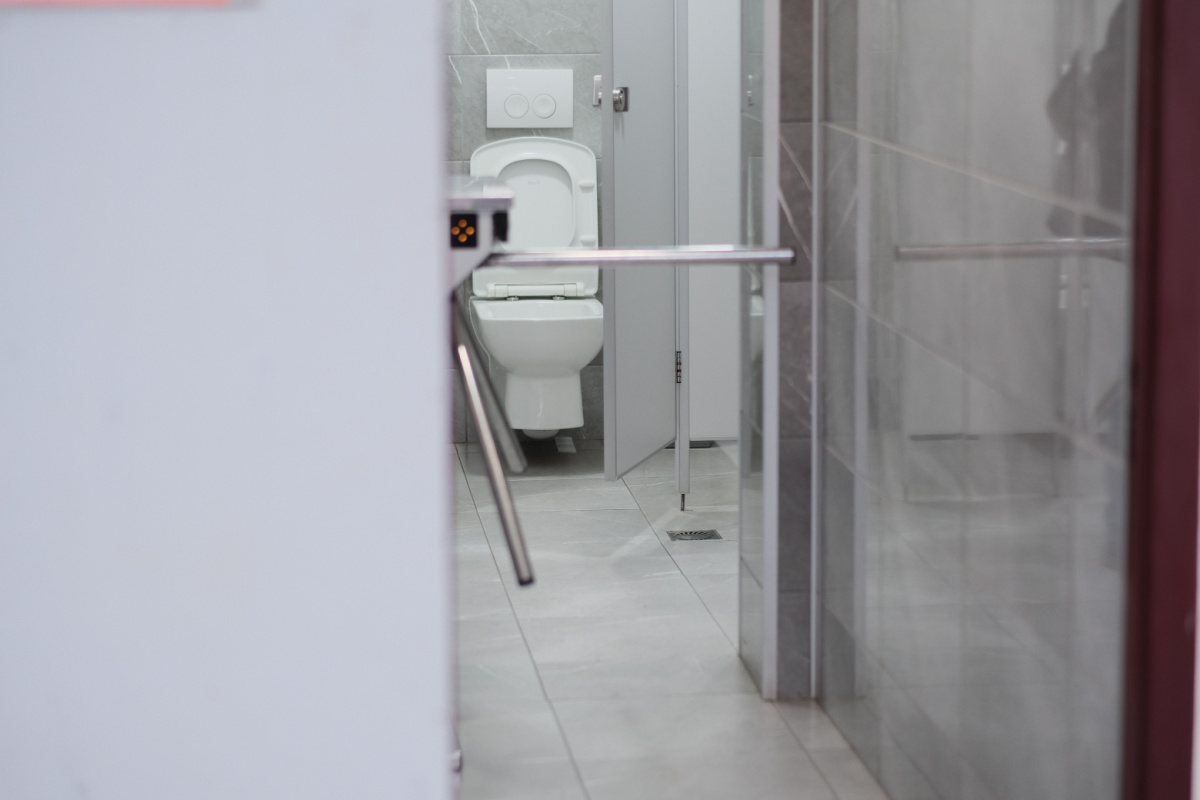
Related: Learn how to stay within your travel budget.
Small town schedules
Small town charm comes with schedules: In rural settings and small towns across Europe, especially in Spain, Portugal and Italy, many shops and restaurants are closed on Sundays. Operating hours vary dramatically from what you might expect, with some establishments opening later in the morning and closing over lunchtime.
Restaurant timing: Many places close between lunch and dinner time. It’s not inconvenient, it’s tradition!
Language adventures: If you’re spending time in one country, learning greetings and a few key phrases in local languages is absolutely worth it. In more provincial regions, English may not be widely spoken, but locals genuinely appreciate the effort!
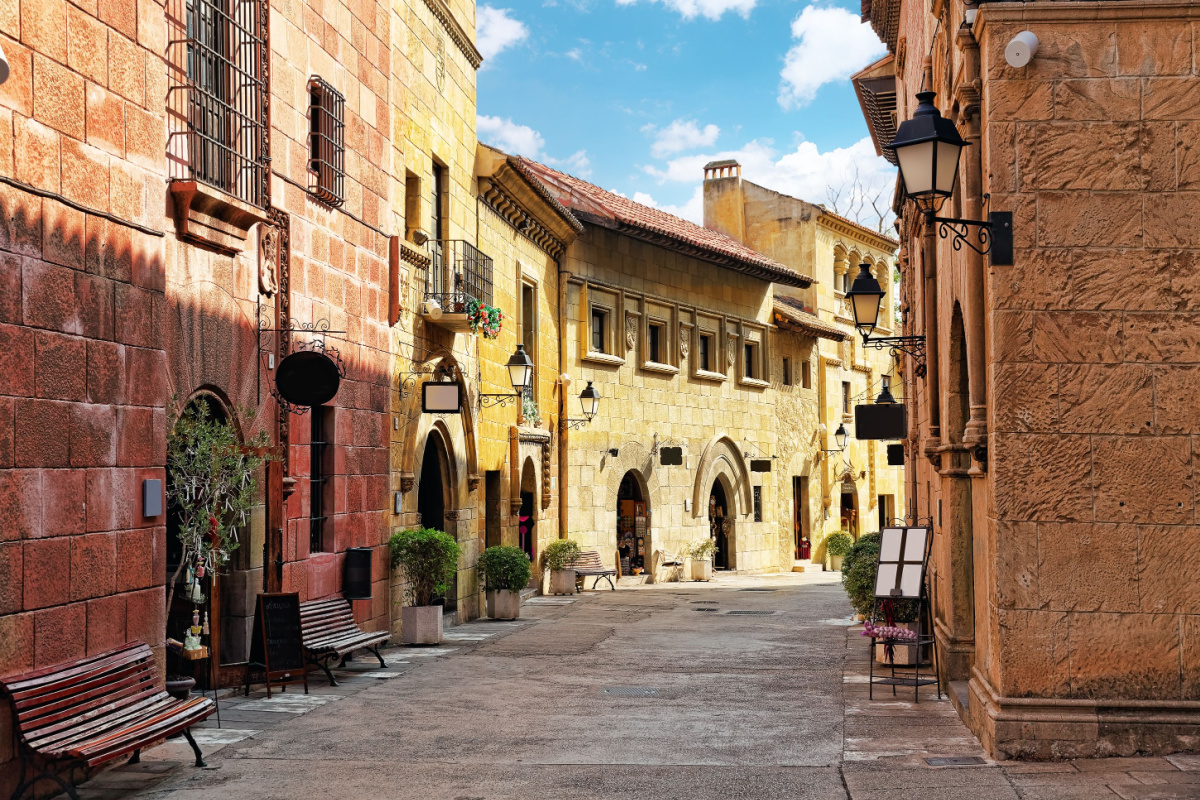
Related: Heading to Portugal? Read these handy Portuguese phrases for travelling.
Your European adventure awaits
There’s a reason this incredible continent tops everyone’s bucket list! Embrace the quirks, and you’ll find they add to the tapestry of your memorable and enriching travel experience.
Keep in mind the wise words of our tour leaders: “It’s not bad, it’s just different,” and “Participate, don’t anticipate.” With a spirit of adaptability and a sense of adventure, visiting Europe will genuinely be the trip of a lifetime!
Ready to embrace Europe’s beautiful chaos? With 20 years of expertise guiding travellers through every cobblestone surprise and cultural quirk, we’ve got this down to an art. Book your European adventure today – we’ll handle the details, you make the memories.
Ready to Start Planning?
Drop us a message and let’s make your next adventure happen — we're here to help every step of the way.
Join the Expat Explore family!
We'll deliver top travel tips, insider info and travel inspiration right to your inbox.
